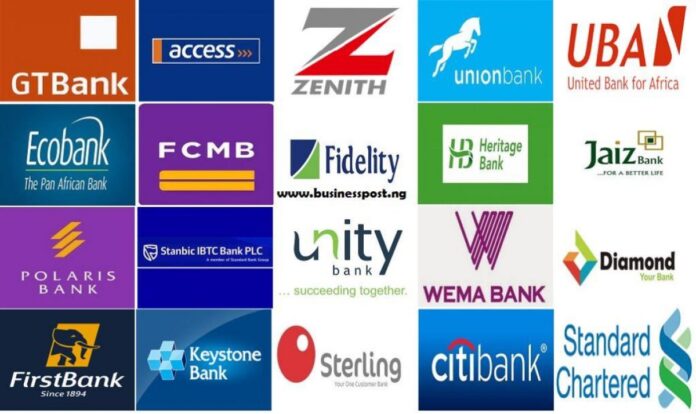Private sector bank loans rise by N4.19tr YoY
By Jeph Ajobaju, Chief Copy Editor
Loans given out by banks to the private sector notched up a record N24.45 trillion in January 2022, a year-on-year (YoY) increase of N4.19 trillion above N20.26 trillion in January 2021, according to Central Bank of Nigeria (CBN) data.
Bank credit to the private sector has been rising since June 2021, the latest a N68 billion jump from N24.38 trillion in December 2021 to N24.45 trillion in January 2022.
That was after it increased by N366.14 billion in December 2021 and by N687.95 billion in November 2021.
But banks’ risk exposure to the oil and gas industry dropped to 17.3 per cent in January 2022 from 19.35 per cent in January 2021.
CBN policy facilitates bank credit
Private sector credit rises on a dovish CBN policy which has kept benchmark interest rate at 11.5 per cent since October 2020 to spur economic activities hampered by Covid that caused two straight quarters of GDP contractions.
The strategy of the CBN Monetary Policy Committee (MPC) to keep interest rates low has paid off, as the economy grew 5.01 per cent in Q2 2021, 4.03 per cent in Q3 2021, and 3.98 per cent in Q4 2021.
However, greater economic activities and more currency in circulation combine with other social and infrastructural issues to stoke inflationary pressure. Food inflation is now 17.11 per cent and headline inflation 15.7 per cent.
The MPC for the 10th consecutive meeting voted to maintain precaution by keeping interest rates low even though six members supported it and four voted to raise monetary policy rate (MPR).
__________________________________________________________________
Related articles:
UBA tops competition with N178b loan grant
Banks contribute N168.4tr to GDP
Agbaje laments Nigerian banks can’t fund Shell assets acquisition
__________________________________________________________________
Oil industry
CBN figures show the downstream oil and gas industry is the highest recipient of bank credit with N4.23 trillion by January 2022 or 17.3 per cent of total private sector credit, per reporting by Nairametrics.
Oil is one of the underperforming sectors, printing recurrent contractions in real GDP in the past seven quarters and an 8.3 per cent YoY decline in 2021.
Banks are trying to reduce their loan exposure in oil and gas both in Nigeria and in the global economy because of volatile crude market and decline in the industry.
The oil market has been on a bullish run since 2021, following the strategy of OPEC+ to cut supply even before the war between Russia and Ukraine.
Manufacturing and services
Manufacturing followed oil with a total credit of N4.19 trillion by January 2022 or 17.1 per cent of total private sector credit.
The services sector came third with N2.38 trillion loan.
Other sectors
Other sectors that received bank credit by January 2022 include:
- Government – N2.34 trillion
- Finance – N1.73 trillion
- Trade – N1.69 trillion
- Agriculture – N1.46 trillion
- Upstream oil and gas – N1.46 trillion
- Construction – N1.03 trillion
- ICT – N952.1 billion
Manufacturing sector credit grows
Banks increased their exposure to manufacturing with N1.03 trillion to total N4.18 trillion in January 2022, above N3.16 trillion in January 2021.
Credit to manufacturing rose to 17.1 per cent in January 2022 against 15.6 in January 2021 and 15.74 per cent in January 2020.
This spurred the sector to expand 3.35 per cent YoY in 2021, riding on a positive trajectory since 2017, except 2020 that Covid disrupted.
More activities in cement, vehicle assembly, and food production are some of the factors driving manufacturing growth and by extension incentives for banks to grant loans to the sector.













